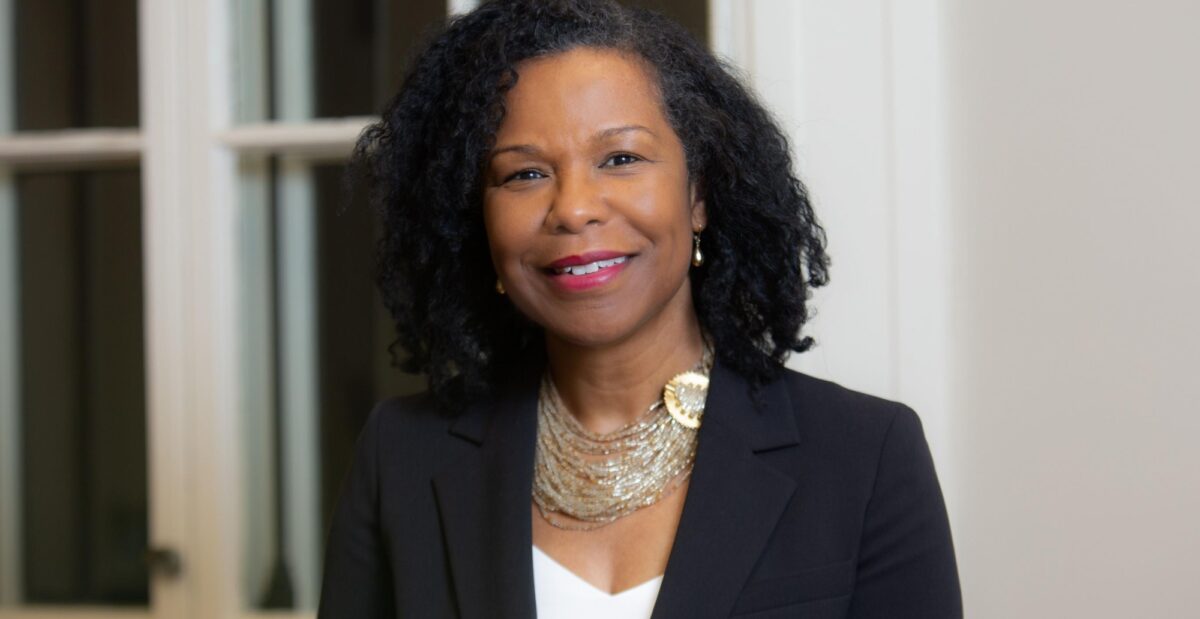2021-2022 Annual Report
Introducing Sandra St. Fleur Wright

What excited you the most about taking this position at such a historic cultural institution as the BSO?
I was most excited by the BSO’s eagerness to look at itself objectively and create space for questions like what the institution is doing well and what it needs to do differently to be culturally relevant for the next 140 years. Such a question is both exciting and daunting. It takes people who are comfortable with disrupting traditions without disrespecting the past to forge brave spaces where those questions can take root, and the answers that emerge create a much more integrated and inclusive environment that frankly reflects the larger ecologies in which they exist. I want to be a part of that.
How did the organization respond to the return of live performances with audiences last season?
Live performances are more than just about seeing great live music or music performed at the highest level of quality. It's about a shared experience that can only occur when people are in the same space and experiencing an incredible piece of music. When I looked around Symphony Hall during the performances last season, it was clear that people desperately wanted to return to the sense of shared meaning and connection. We're thrilled to be able to provide that for people.
How do you build community through your work with the BSO internally and externally?
For me, the question that determines our own relevance to the city of Boston and beyond is when people ask what would the BSO do or what has the BSO done that can help inform our own thinking? So, for me, there is nothing more important than building community internally and externally because these relationships also inform what we do. This begins with the way we communicate and collaborate internally to better understand all the ways in which we support each other's highest hopes, each other's elevation, and full professional and artistic actualization. Externally, it begins with fostering a sense of reciprocity that the people we engage with have something to teach us just as they have something to gain from engaging with us.
What components of the BSO organization help move it continually forward?
New commissions, guest artists, and educational programs are some examples. We are very lucky to have artistic leaders like Tony Fogg who are constantly pushing the envelope with new commissions and guest artists. I'm not an artistic leader, so when I think about moving the organization forward, I see us as architects shaping experiences. As such, the question becomes who we are designing for: who will be the beneficiaries of this incredible music? So, for me, the way to continually move forward is to think about audience development and to think about who we want in our hall in the next year never mind 100 years from now. The world demographically is changing and nowhere is that happening as fast as in the United States, by 2050 there will not be a single ethnic majority. Therefore, if we want to move continually forward, we must be bold enough and audacious enough to ask who we are moving towards and what are we moving away from.
What are you most looking forward to in the next several years?
I am looking forward to a vibrant BSO that continues to be culturally relevant to its mission and ancestry while creating space for an evolving city of Boston whose diverse audiences have space to celebrate classical music in their own way and on their own term. I am looking forward to a BSO that invites diverse people to own the space enough to bring in new traditions and new norms. I am looking forward to the BSO that is my BSO, your BSO, and our BSO.

